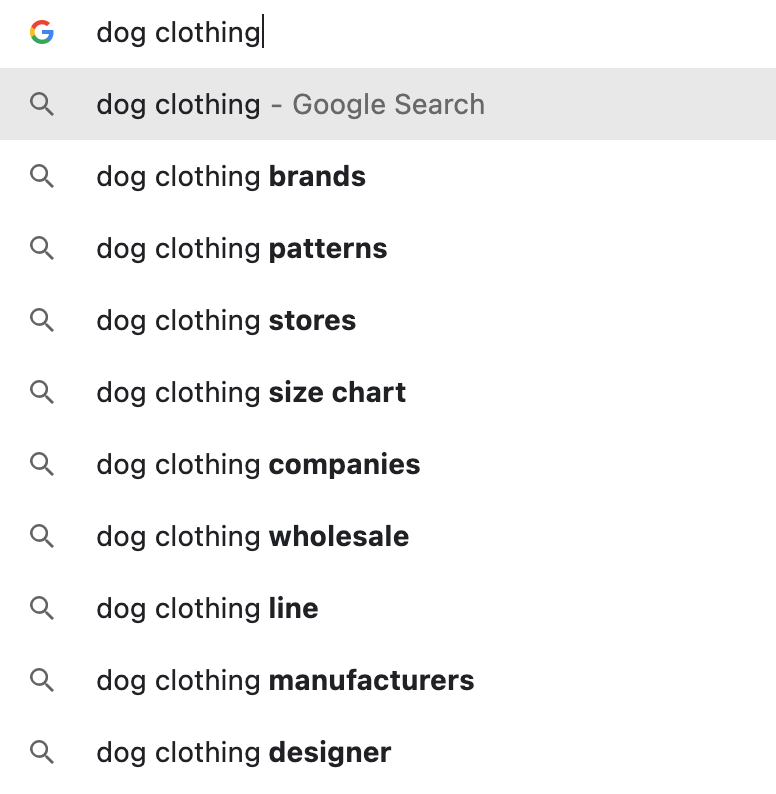In 2023, Google celebrates 25 years of helping users find answers on the internet. By now, you’ve probably heard of search engine optimization (SEO). But if you’re new, SEO marketing for beginners might seem like a mysterious power that only seasoned marketers can wield.
The truth is, there’s no magic formula that gets you to the top of a Google search result. And SEO isn’t just for marketing experts. Thanks to marketing automation, you can use SEO strategy to get more traffic to your website and increase sales.
So if you’re just getting started, here are some SEO basics for our beginners out there.
Search engine optimization is the practice of improving your website’s rank and appearance on the search engine results page (SERP). Optimizing your site’s content for search engines takes a multi-pronged approach. Let’s start by digging into the role of search engine optimization in digital marketing.
Digital marketing encompasses a lot, from advertising to public relations to content marketing strategy. SEO is just one piece of your overarching marketing strategy – but it’s a crucial one. Here’s why.
Today’s world is digital. Your target audience lives, laughs, and learns online. Your website is likely your primary online real estate. No marketer will tell you they don’t need more qualified web traffic – that is, people who are likely to be in-market for your product at some point.
Sure, you can use advertising to get those folks to your site, but that can get expensive. And while advertising can boost brand awareness, it simply can’t buy brand affinity . Plus, when you stop advertising, that traffic stops flowing in.
By contrast, an investment in SEO is a gift that keeps giving. Yes, your website will need some attention to ensure it’s still optimized. But as your content earns more traffic, it will gain more authority, making SEO a truly evergreen tactic.
SEO marketing is a vast field. We’re talking James Webb Space Telescope vast. You could hire a full-time expert or even a full-service SEO agency. But you don’t need to go that far to take your first steps toward optimization. To reach SEO success, you need to:
There are SEO tools dedicated to keyword research. But as a beginner, don’t over-complicate this step. When optimizing your website content to keywords, go with what you know best – your business and your customers. Ask yourself:
If you sell clothing for dogs, some keywords that might come to mind are:
For more inspiration, google search some keywords and see what’s suggested. If anything jumps out to you, add it to your list. It's important to pick a relevant keyword based on the search intent. And don’t worry about including every keyword under the sun – four or five keywords might encompass your offering.

Match each keyword up to a web page on your site. If a keyword is on your list but doesn’t fit any of your content, that’s a sign that you might need a new page for that topic.
Once you’ve paired each relevant keyword with a page, make sure it appears in these key areas:
Incorporating your keyword shouldn’t be difficult or sound unnatural. If you have a hard time working it in, it might not be the best keyword for that page.
Because search engine algorithms prioritize fresh content, you should consider starting a blog if you don’t have one. Posting a high-quality blog post consistently is one of the most effective ways to build your credibility and start ranking higher for the keywords that are important to your business.
Thanks to the keyword brainstorming you’ve already done, you should have some good ideas for topics. Keep your team on track by putting together a simple content calendar with each article’s topic, author, and target publish date.
Your SEO content plan should also include regular reviews of your static web pages. Depending on how dynamic your organization is, auditing your website content two to four times per year is usually enough.
One of the main signals search engines use to determine your authority is your number of backlinks – that is, how many times other sites link to yours. Link building is a great SEO tool to support your SEO efforts. If your content has a lot, people likely find it helpful and reliable.
Once you’re consistently publishing high-quality content, you’ll collect some backlinks without trying. Look at you go! But to really take your SEO strategy to the next level, you’ll need a link-building plan.
Earning a backlink can be a simple off page SEO technique. Start with these steps:
The first result on the SERP has a click-through rate of more than 28% . The tenth result? Only 2.5% of users click through. That means to have a significant impact on your business results, you’ll need to muscle your way to the top few results.
Done well, your SEO efforts can benefit your business in many ways. It can:
Simply put, SEO helps you bring more people to your website who are actively interested in topics related to your products and services. From there, it’s up to you what to do with that traffic. So, in a way, it is a little bit like magic.